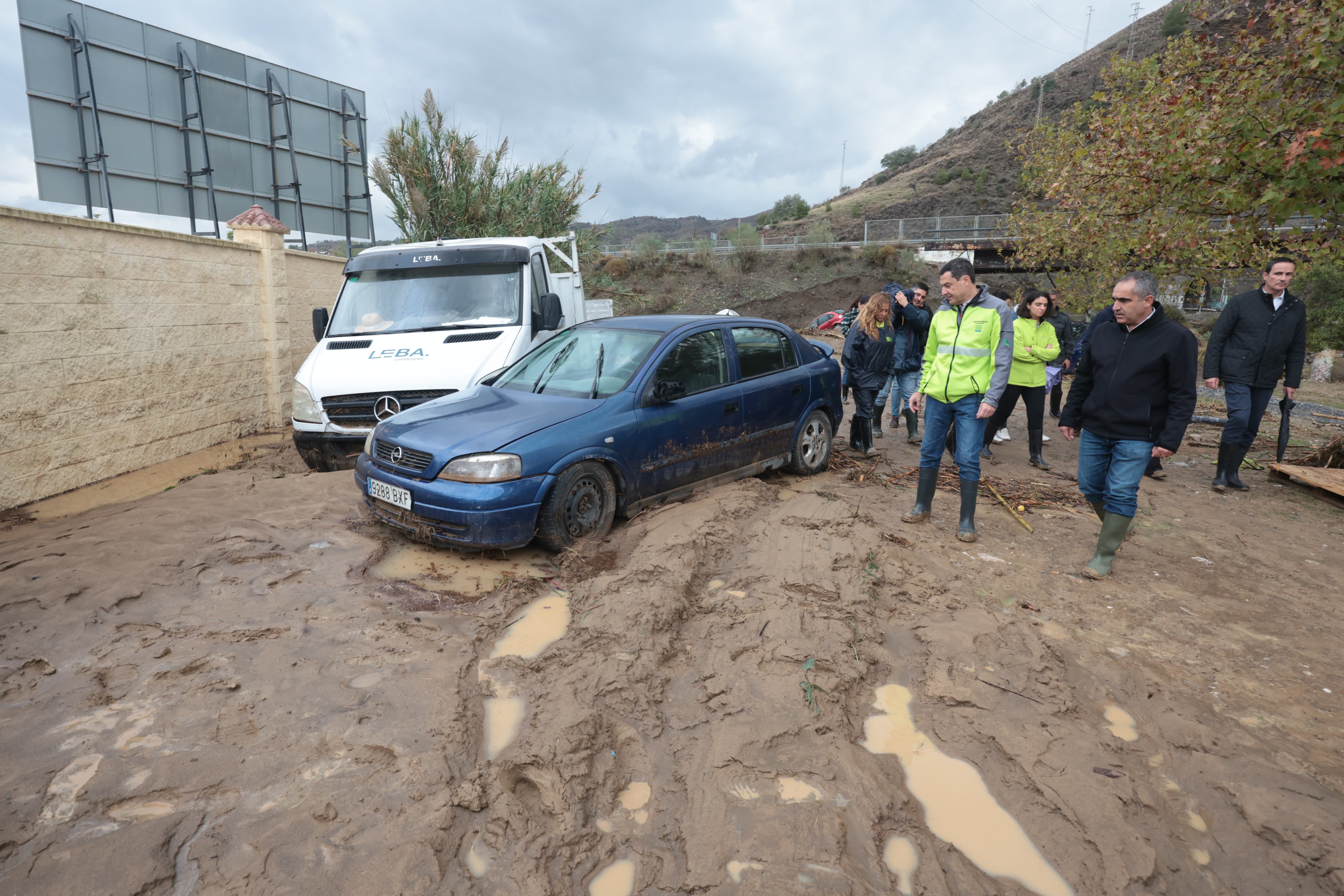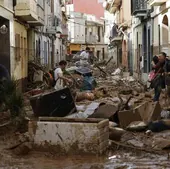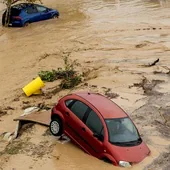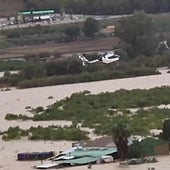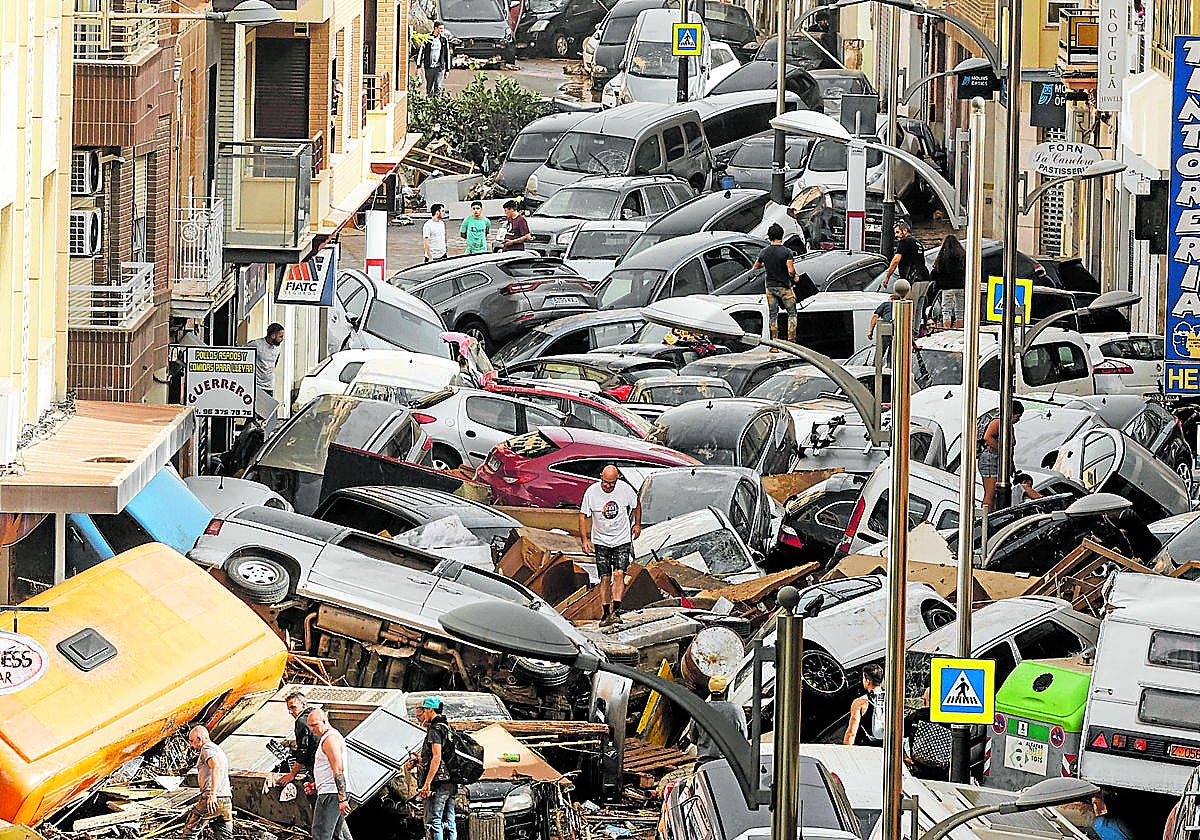Extra army support called up in face of scale of Valencia disaster
Residents in towns south of the Spanish city were taken by surprise by a deadly ‘Dana’ storm on Tuesday. Across Spain at least 158 flood-related deaths have been confirmed so far
SUR
Malaga / Valencia / Madrid
Friday, 1 November 2024, 08:54
Spain began three days of national mourning this week after the devastating flash flooding of Tuesday that had, by Thursday evening this week, claimed 158 lives, with many more still unaccounted for.
The worst hit area by far was to the south and west of Valencia city and the regional government called in the army there from Friday to assist the search and clear up. On Thursday there were reports of looting as frustrations started to boil over.
There was also one victim in inland Malaga province and two in the Castilla-La Mancha region as well flooding in many areas including Cadiz, Castellón and Teruel provinces.
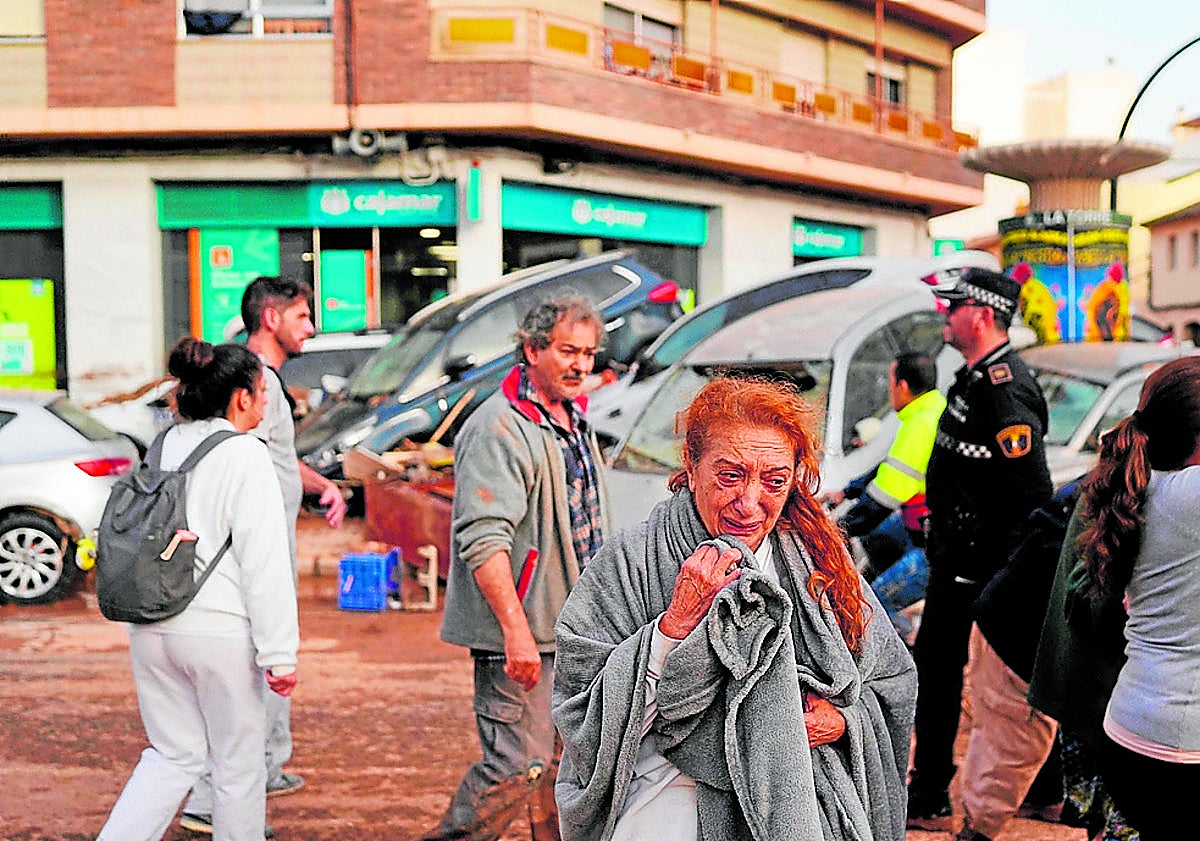
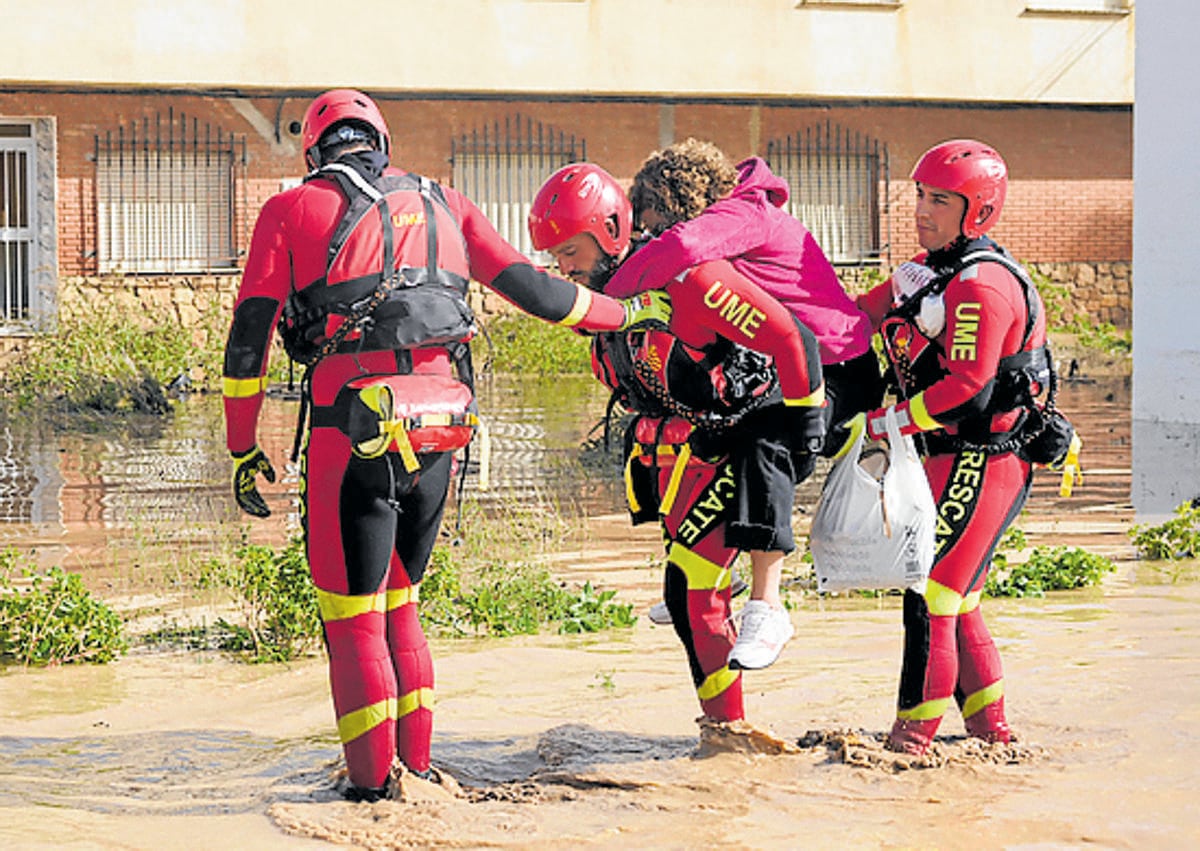
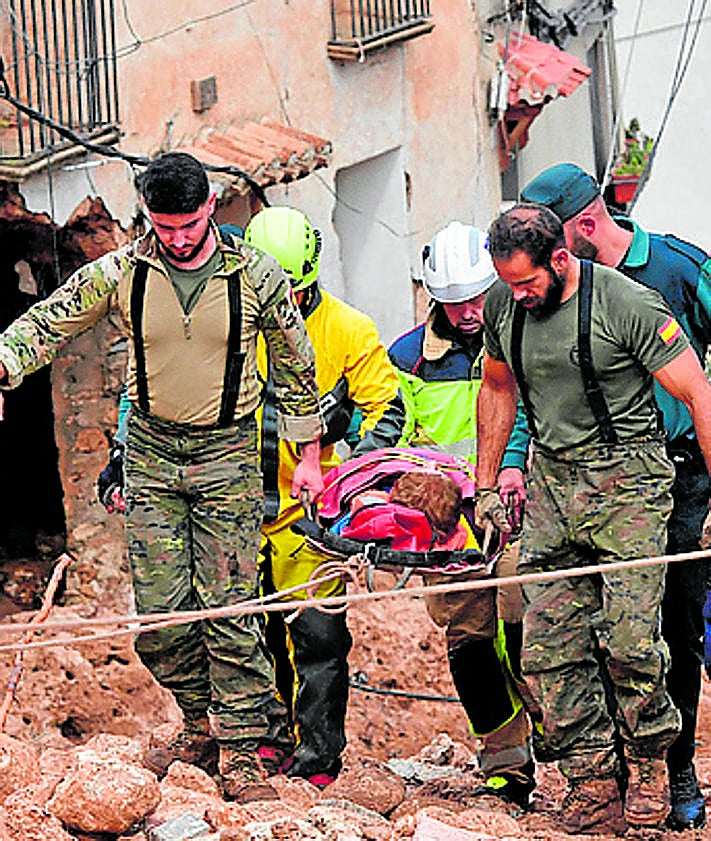
To blame was an isolated pocket of low pressure, typical of the Mediterranean coast at this time of year and known as a ‘Dana’ in Spain. This brought extreme amounts of rainfall in short periods of time to small areas. Worst recorded was over 45 centimetres of rain in just 12 hours at Chiva, 30 km west of the metropolitan area of Valencia, Spain’s third largest city. However, high readings of 20 or 30 centimetres were recorded in many other places in the surrounding hills.
The effect was to send torrents of water down rivers onto the plains around Valencia causing sudden, devastating flooding on the southern dormitory towns, industrial parks and main, arterial roads as rivers burst their banks, unable to cope.
Related news
The full scale of the loss of life and damage was still becoming apparent long after the tragedy first struck. On Wednesday evening, the regional president of Valencia, Carlos Mazón, had said that over 100,000 people remained without electricity. Many people had not yet been reached by emergency services, who continued to search low-lying homes and businesses and hundreds of vehicles swept away off roads for possible bodies or people still alive but trapped.
Harrowing reports
Harrowing tales of people disappearing or just about surviving were being told non-stop across national media. Bodies of the dead were being taken to a morgue at the Valencia law courts.
The worst affected areas were the towns immediately to the south of Valencia city, where the rivers and streams from the mountains pass to reach the coast. One place, Paiporta, with a population of 25,000 and just a few minutes from the centre of Valencia, was particularly hit, with over 40 of the victims so far identified coming from here. Authorities there described the situation as a “humanitarian emergency”.
These included six residents of an old people’s home who had been unable to escape while residents were having dinner downstairs together and two Guardia Civil and the girlfriend of another who had gone down into the garage of their base to try to remove vehicles but had become trapped.
Many victims had been surprised in their cars driving as water rose on the main roads around the west and south of the city. These remained closed, some with major damage, and train services out of action, including the high-speed line from Valencia to Madrid.
As the floodwaters began to subside and the clean-up operation began as best it could, there were doubts over why it had taken so long for local residents south of Valencia to receive an emergency alert message on their telephones. The first came just after 8pm on Tuesday as floodwaters were already rising after it had been raining heavily upstream for many hours.
The national interior ministry said it was down to the regional government to relay alerts. In reply, regional president Carlos Mazón hit back, saying, “I am not going to indulge in bad politics and I am not going to go there,” adding that “we are not weather forecasters, we followed procedure”. A red weather warning had been in place from forecasters since earlier in the day.
Prime Minister Pedro Sánchez said there would be guaranteed aid from the government and from the EU to deal with the tragedy and rebuild homes devastated by flood waters. “The public authorities are working together to do everything possible and we are going to provide all the necessary means today, tomorrow and for as long as it takes for us to recover from this tragedy. We are not going to leave you alone,” Sánchez said.
King Felipe VI also offered his condolences and support.
